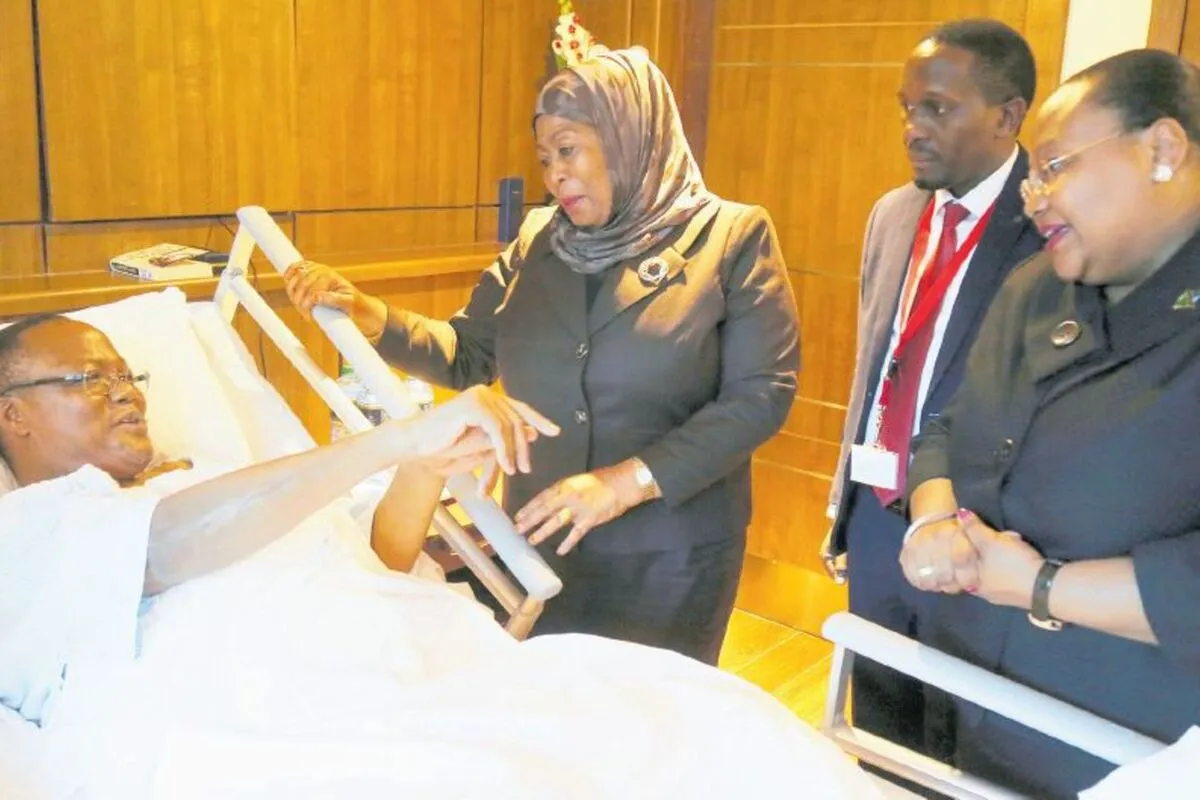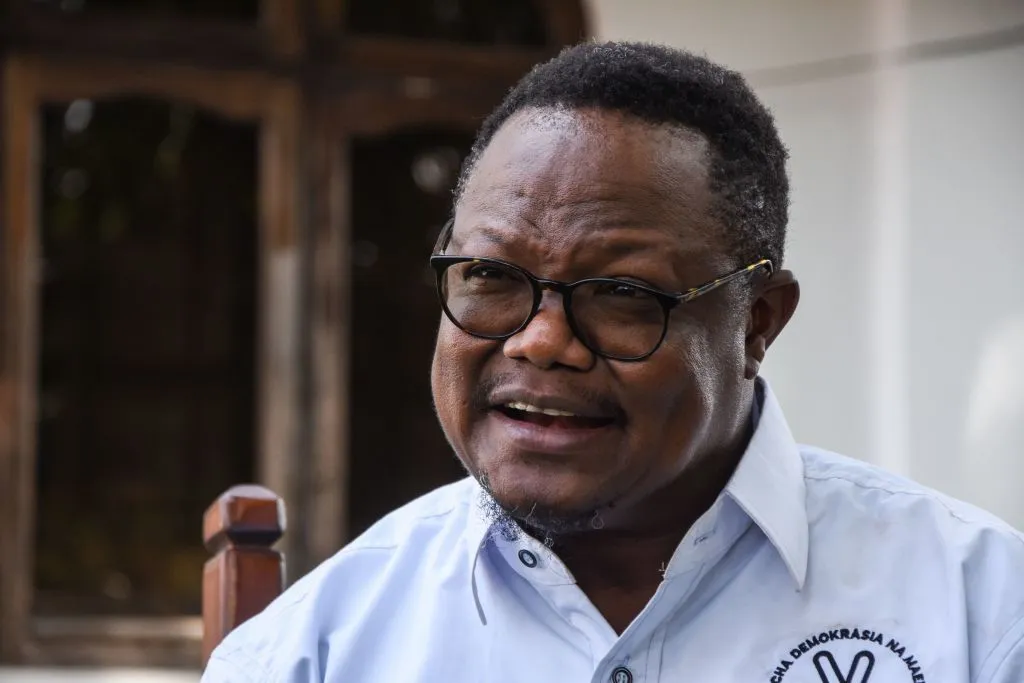Tundu Lissu, a prominent opposition leader from the Chadema party and several other party figures, were arrested in the southwestern city of Mbeya.
The arrests took place ahead of a planned rally on Monday to commemorate International Youth Day, according to Chadema’s director of communications and foreign affairs, John Mrema, who announced social media platform X late Sunday.
The police had earlier banned the Chadema youth gathering, alleging that the party intended to orchestrate violent demonstrations. Despite this, Chadema’s youth wing had anticipated a turnout of around 10,000 young people to celebrate International Youth Day under the slogan “Take charge of your future.”
The arrests have sparked widespread condemnation from Chadema officials. Freeman Mbowe, the leader of Chadema, expressed his strong disapproval of the detentions.
“We demand the immediate and unconditional release of all our leaders, members, and supporters who were arrested in various parts of the country,” Mbowe stated on X. “The party is closely monitoring the situation and will continue to inform the public of every step-by-step development.”

The Chadema party, formally known as the Party for Democracy and Progress, is Tanzania’s main opposition party and has been a significant force in the country’s political landscape since its establishment in 1992.
The party has been vocal in its criticism of the ruling party and has faced numerous challenges, including the arrest of its members and leaders, as it continues to push for greater democratic reforms in the country.
Tundu Lissu, one of the most recognized figures within Chadema, has been a prominent critic of the government. Lissu survived an assassination attempt in 2017, which many believe was politically motivated. His return to Tanzania in 2020 after years in exile was seen as a bold move in a political environment that remains highly charged.
The police’s actions have drawn attention to the political climate under President Samia Suluhu Hassan’s administration. President Samia, who took office in March 2021 following the death of her predecessor, John Magufuli, has faced both praise and criticism for her approach to governance.
While some have lauded her for opening up the political space and reversing some of Magufuli’s more repressive policies, others argue that the arrest of opposition figures like Lissu reflects ongoing concerns about political freedoms in Tanzania.
















